In the bustling world of fashion, a quiet revolution is taking shape: Slow Fashion. It arises in response to a troubling reality: an industry identified as one of the most polluting in the world, generating alarming figures that cannot be ignored. According to Ademe, the textile industry generates emissions of 4 billion tons of CO₂ equivalent per year . It is the second largest consumer of water . A resource-intensive economic model. However, Slow Fashion is emerging as a conscientious response to these challenges.
Slow Fashion, with its philosophy of quality, sustainability, and respect for human rights and the planet, is breaking new ground . It invites us to reflect on how we design, buy, and wear our clothes, and to rethink our relationship with consumption. In this article, discover Slow Fashion, explore its principles, and its impact on an industry in search of meaning. A world where style becomes ethical, where fashion slows down to better reinvent itself, where every clothing choice tells a story of commitment to the planet.
The problem with fast fashion
In a world in constant motion, fashion evolves at breakneck speed, driven by a trend known as "fast fashion." This frenetic industry, characterized by frenetic production cycles and mass consumption, raises fundamental questions about environmental impact, working conditions, and sustainability.
Fast fashion has revolutionized the way we perceive fashion, making it accessible to everyone at affordable prices and offering ever-increasing collections. However, this model has devastating consequences for our planet and for industry workers . The overproduction of clothing leads to excessive use of natural resources, accumulated pollution, and enormous textile waste. Furthermore, the often precarious working conditions in garment factories have become the sad symbol of fast fashion.
In this era of growing awareness about ecology and ethics, more and more consumers are questioning the practices of the fast fashion industry. They are turning to Slow Fashion, an alternative that advocates quality, sustainability, and responsibility . We will explore this movement, as well as the brands that are fighting for fairer and more environmentally friendly fashion.
Slow Fashion
What is Slow Fashion?
Slow Fashion, a term that, in this bustling world of fashion, stands out as a beacon of ethics and sustainability . At a time when the language of sustainable fashion can seem complex and sometimes intertwined, let's take a deep dive into what Slow Fashion truly means and why it's crucially important for an industry that needs to lighten its footprint.
Simply put, Slow Fashion is the opposite of fast fashion . In harmony with the planet, Slow Fashion sets a new standard in the fashion world, making it more than just a passing trend, but a responsible revolution . Sustainable materials and eco-friendly production practices are at the heart of Slow Fashion, allowing each garment to become a heirloom rather than just a seasonal item. Ethics are also a cornerstone of Slow Fashion, ensuring fair working conditions and full supply chain traceability.
Slow Fashion, sustainable fashion, and ethical fashion share many similarities, all guided by a vision of responsibility. The distinctive aspect of Slow Fashion lies in its emphasis on reducing consumption and production , a return to the values of yesteryear, recalling the time when clothes were long-term investments rather than a fleeting distraction.
Why is Slow Fashion important?
Slow Fashion is establishing itself as an essential phenomenon in the world of fashion. It stands in response to an industry that, once synonymous with innovation and creativity, has left an alarming ecological footprint in its wake.
Slow Fashion reminds us that fashion can be more than just a trend, it can be an act of responsibility. By prioritizing quality over quantity, it invites us to rethink our relationship with consumption and to value sustainable clothing made with care . Thus, helping to reduce waste and the devastating environmental impact of the industry.
It restores fairness to the supply chain, ensuring dignified working conditions. By embracing timelessness, it transcends the frenzy of trends, allowing garments to become heirlooms rather than ephemeral objects. Ultimately, Slow Fashion is accompanied by social and environmental awareness , offering a future where fashion is combined with ethics, where every outfit tells a story of sustainability.
Some characteristics of a slow fashion brand
-
A Commitment to Sustainability : Slow Fashion brands strive to use sustainable materials, such as linen , hemp , or recycled fabrics. They also minimize their environmental impact by adopting eco-responsible production practices.
-
Environmental Responsibility : Commitment to the environment is paramount. Slow Fashion brands adopt environmentally friendly production methods, minimizing waste. and avoiding harmful chemicals.
-
Local or ethical production : Slow Fashion often favors local production to reduce transportation-related emissions and to ensure fair working conditions for industry workers.
-
Quality over Quantity : Slow Fashion clothing or accessories are designed to last. Brands emphasize the quality of materials, construction, and finishing, meaning the clothing or accessories stand the test of time.
-
Transparency : Slow Fashion brands are often transparent about their manufacturing processes, from sourcing materials to production. They are open to communicating with their customers about their ethical and environmental practices.
-
Timeless Collections : Slow Fashion is distinguished by timeless designs rather than fleeting trends. The clothing and accessories are designed to be worn for many seasons.
-
Social Conscience : In addition to environmental concerns, Slow Fashion places great importance on the fair treatment of workers, whether local or foreign. Working conditions must respect human rights.
-
Reduced Consumption : Slow Fashion encourages consumers to buy less but better. It aims to reverse the trend of overconsumption of clothing by favoring quality over quantity.
-
Consumer Education : Slow Fashion brands seek to educate their customers about the benefits of sustainable fashion, the impact of their choices, and how to care for their clothes to make them last.
-
Ecological and Innovative Materials : Some Slow Fashion brands use innovative and ecological materials, such as grape skin ( an alternative to leather ), recycled fibers, or natural dyes.
Lérisa, a Slow Fashion brand
Immerse yourself in the world of Lérisa , the epitome of eco-responsible refinement. Our grapeskin creations embody a subtle blend of elegance and ecology, pushing the boundaries of fine leather goods.
Grape skin , the jewel of our collection , embodies the perfect balance between quality and respect for the environment. It rivals traditional leather in terms of flexibility, strength, and durability, but goes far beyond. Efficient in water and energy, it requires no toxic chemicals, redefining the standards of leather goods.
Plant-based glue, lining made from plastic fished out of the oceans , and hemp rope make up our pieces. Each of our creations is the fruit of the work of passionate French artisans , giving life to eco-designed products that emit between 67 and 95% less CO2 than their conventional counterparts.
Because we believe in the importance of giving back to the Earth what it offers us, for each order, a tree takes root , thus contributing to the preservation of our precious planet. Discover a new era of fine leather goods, where elegance no longer rhymes with compromise.
Discover Our Collection
In conclusion, Slow Fashion stands as a bold response to the pressing challenges of our time. In a world where fashion has often been synonymous with fast and ephemeral, it reaffirms the value of sustainable elegance. Slow Fashion is a commitment to ethical and environmental principles , the pursuit of quality , transparency , and awareness . It represents a crucial turning point for an industry often cited for its ecological and social impact.
Through the lens of Slow Fashion, we explored its fundamental principles and transformative impact. As we close this article, it's clear that Slow Fashion isn't just a trend, but a way of life, a philosophy that guides our sartorial choices toward a higher ethical standard. It's a reminder that fashion can be more than just self-expression; it can be a statement in support of the planet and future generations . Join this elegant and conscientious movement, where style meets responsibility, where every outfit tells a story of sustainability and timeless refinement. Slow Fashion is the future of fashion, and it's more alluring than ever!
Also read :
How to Design a Minimalist Wardrobe That Defies Trends
Circular Fashion : The New Rules of Fashion

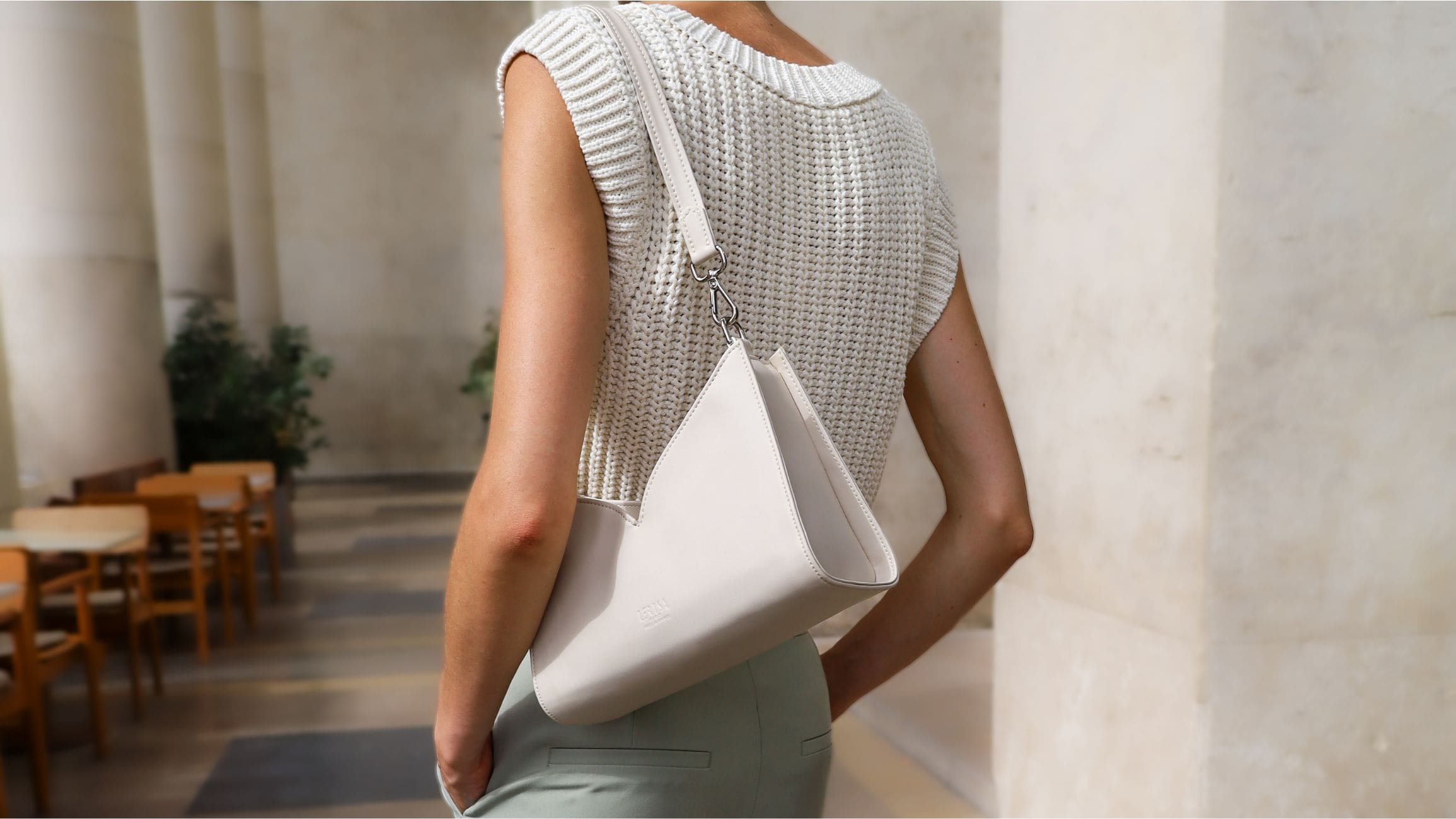
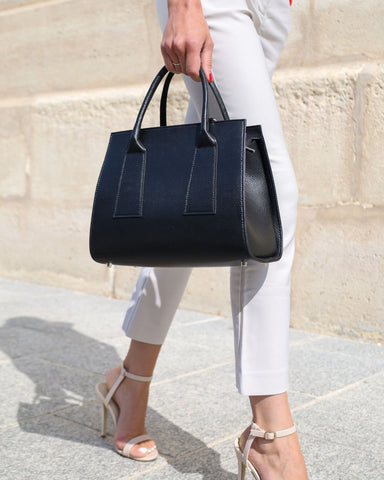

 The "L" Shoulder Bag - Red
The "L" Shoulder Bag - Red

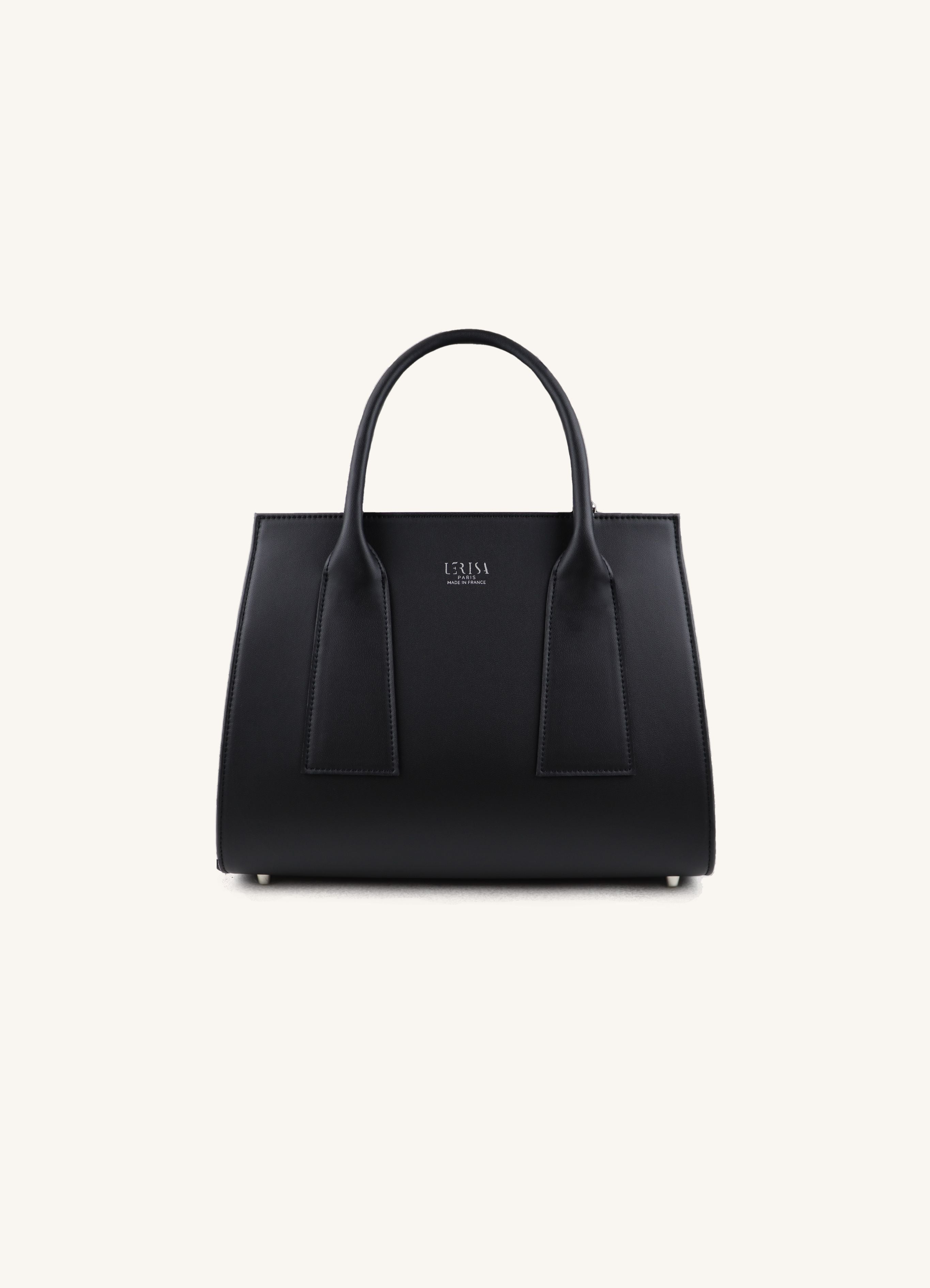
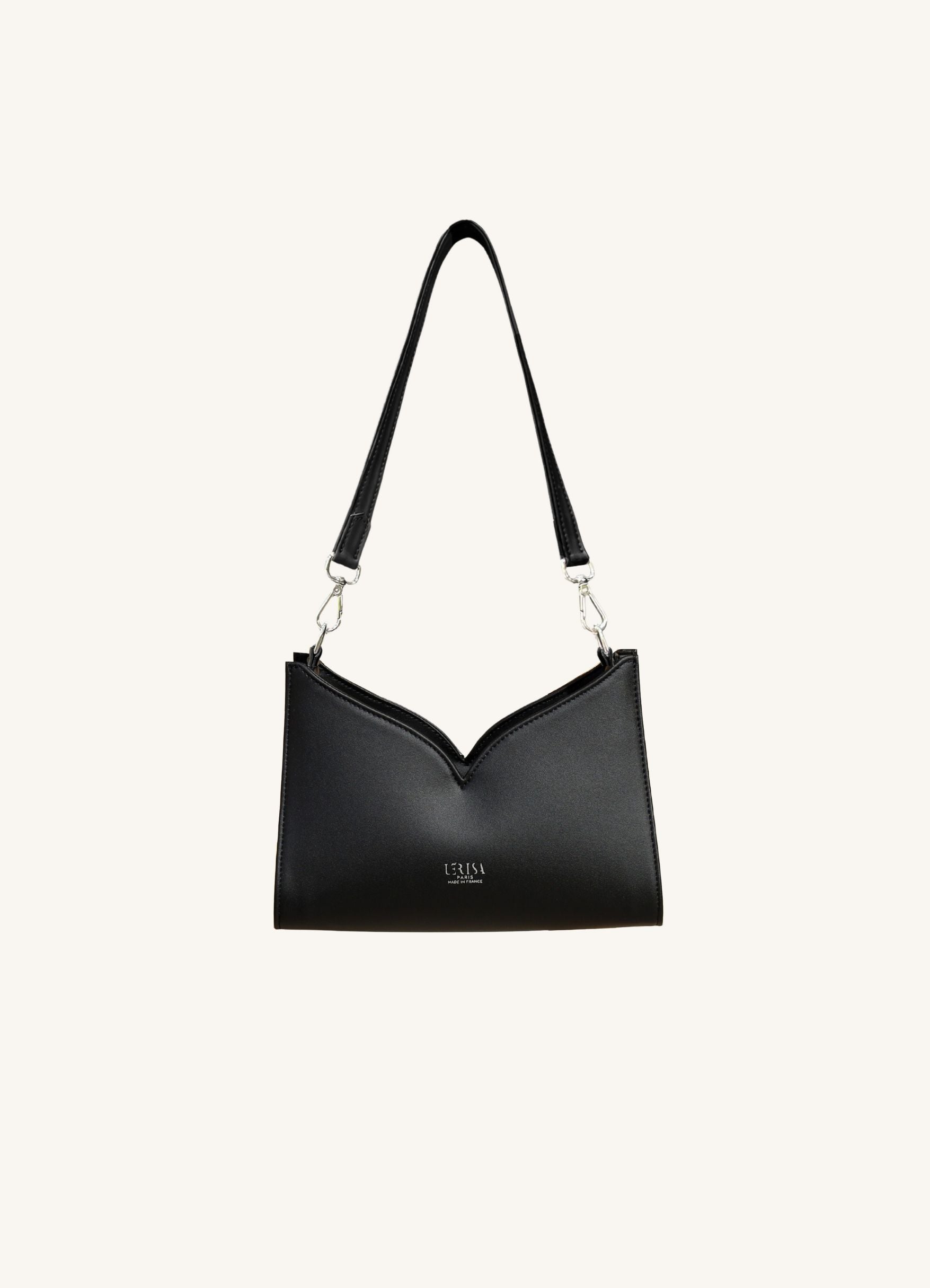
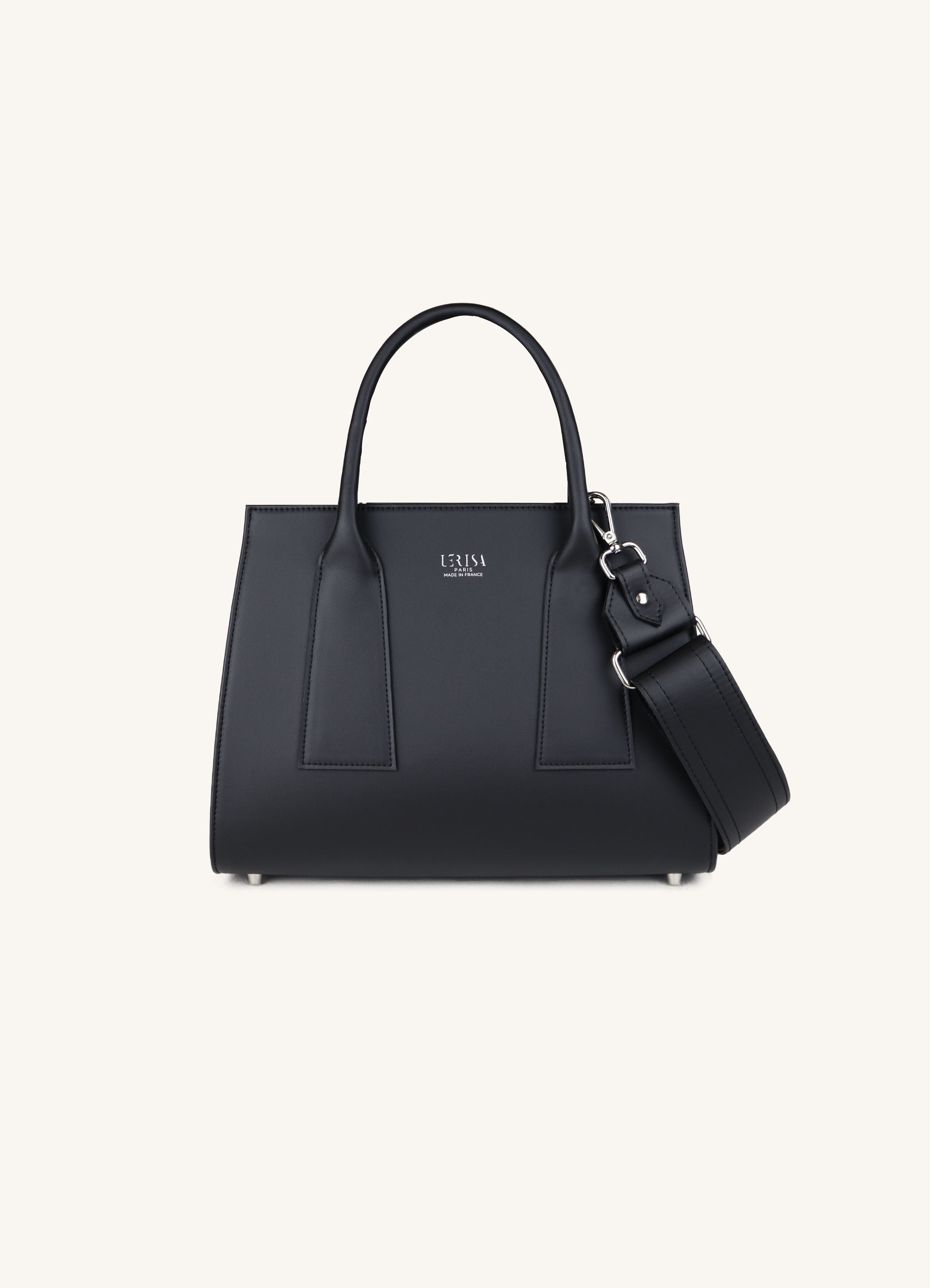
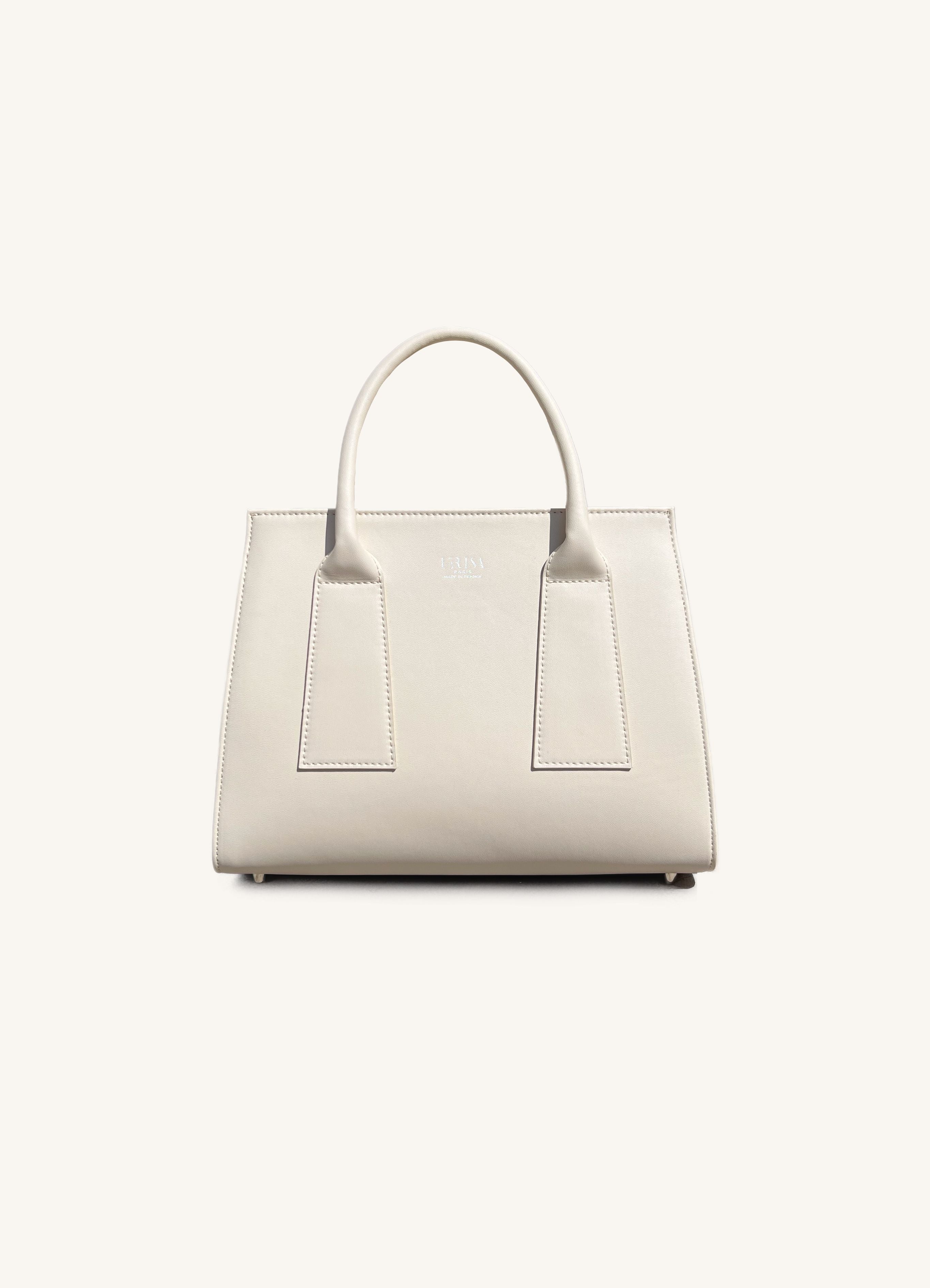
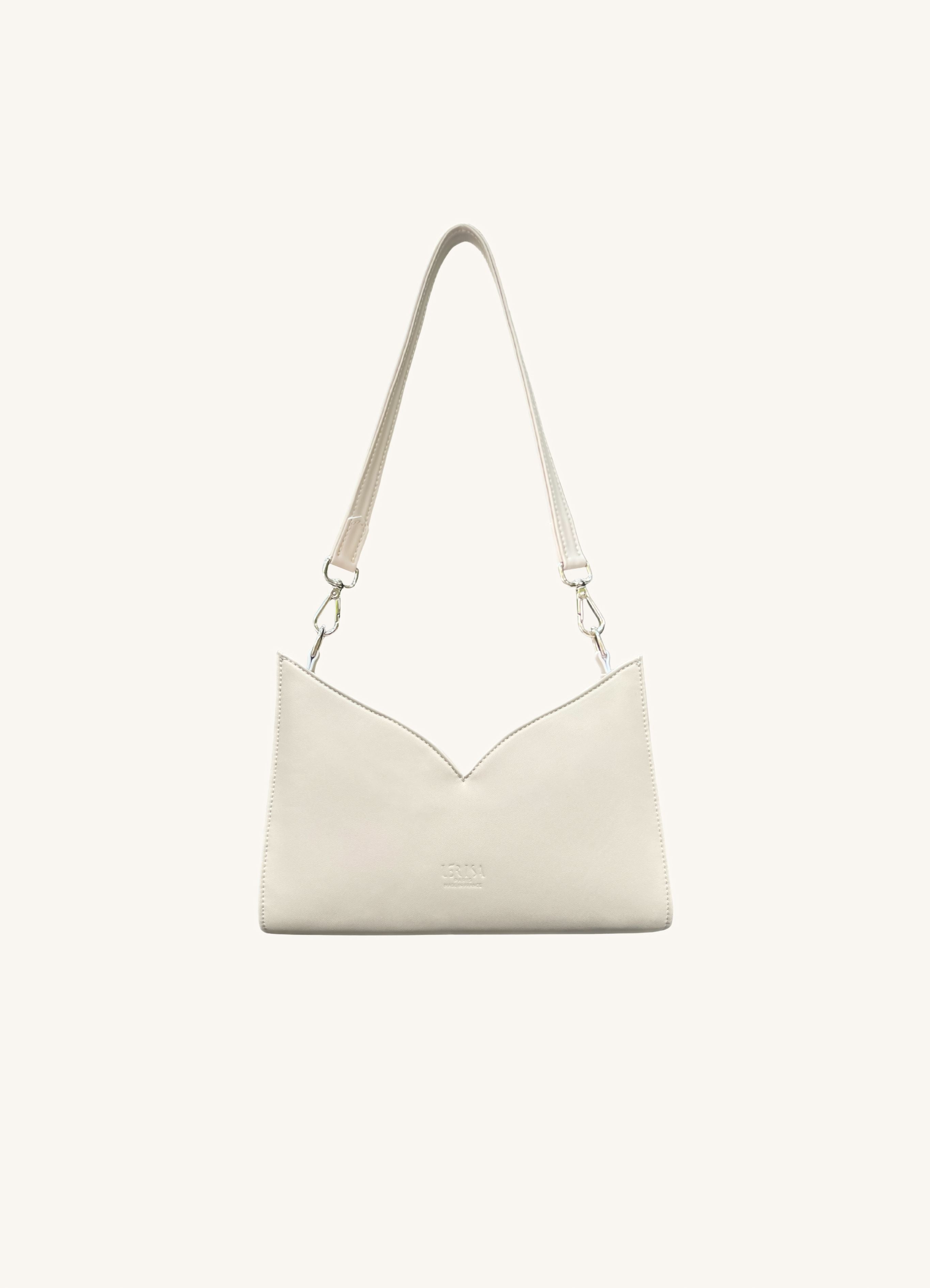
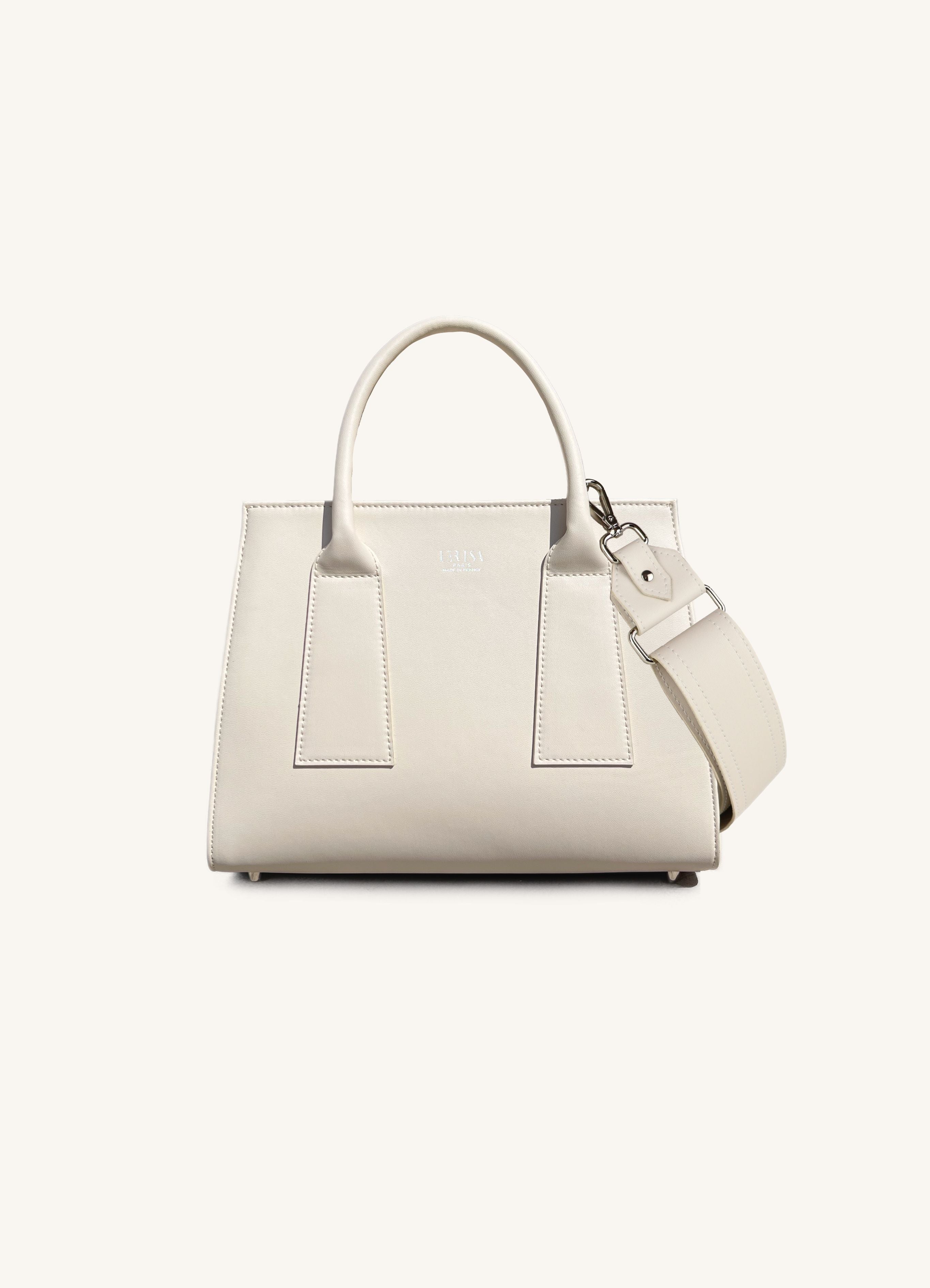

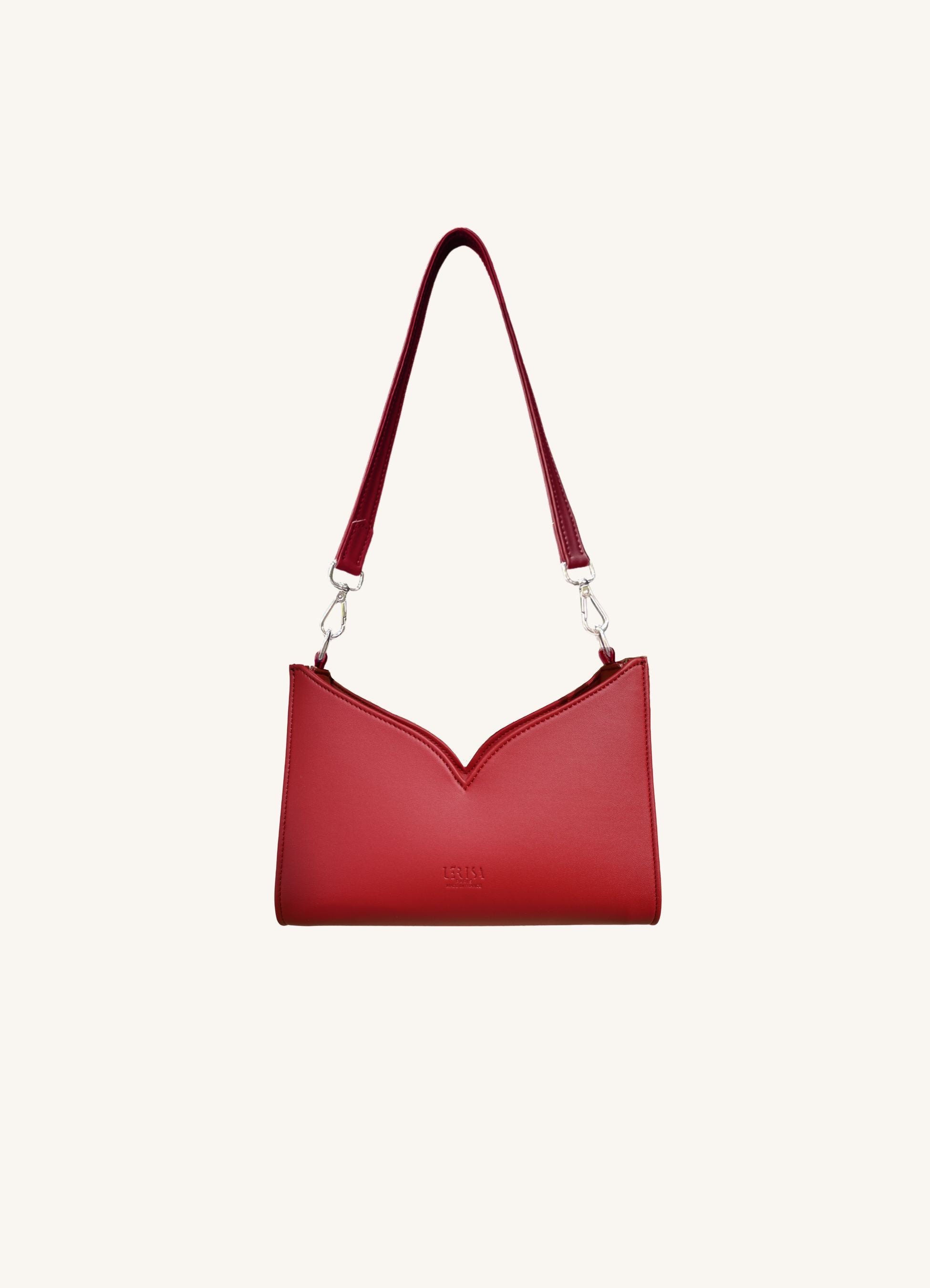

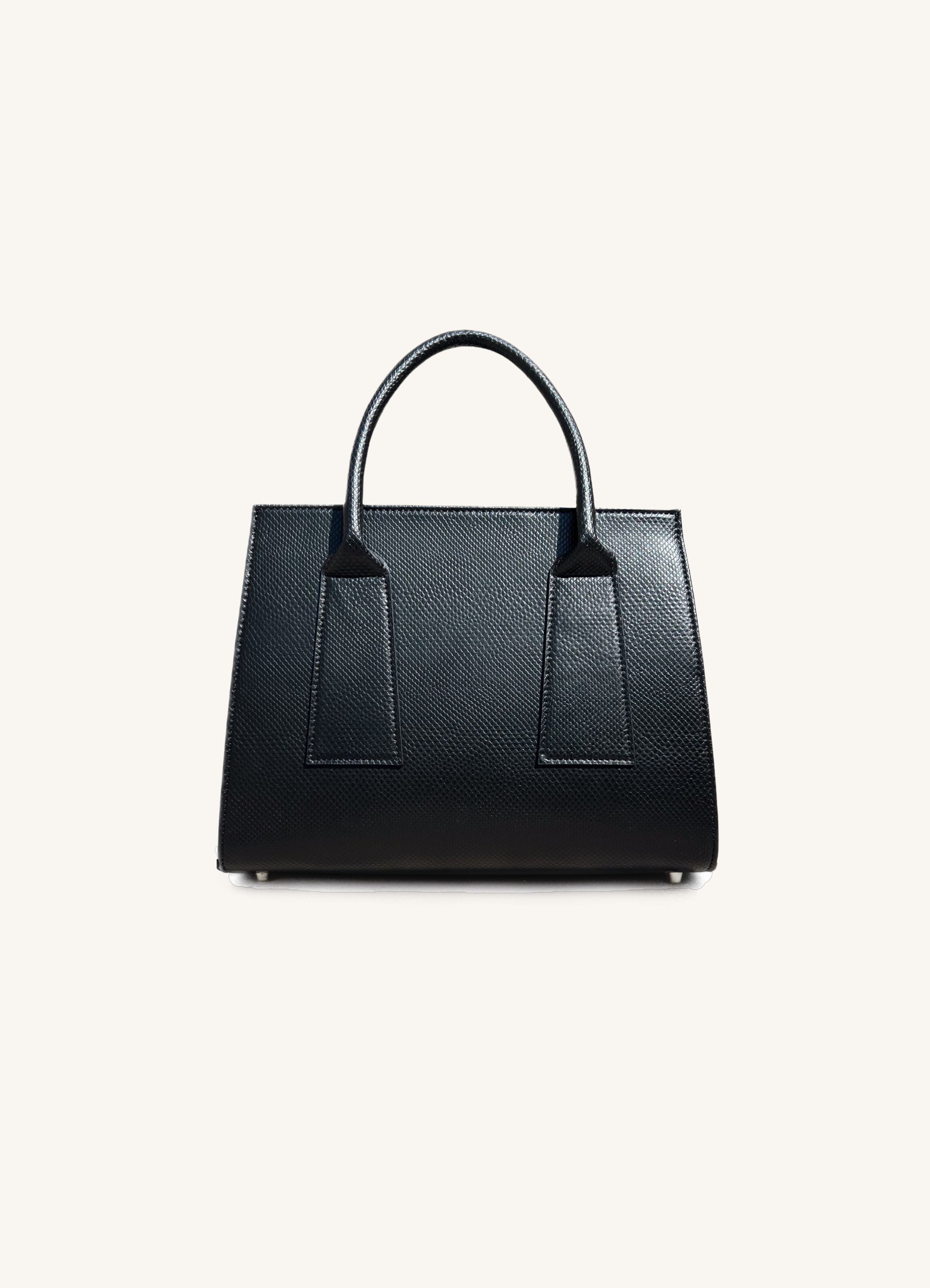

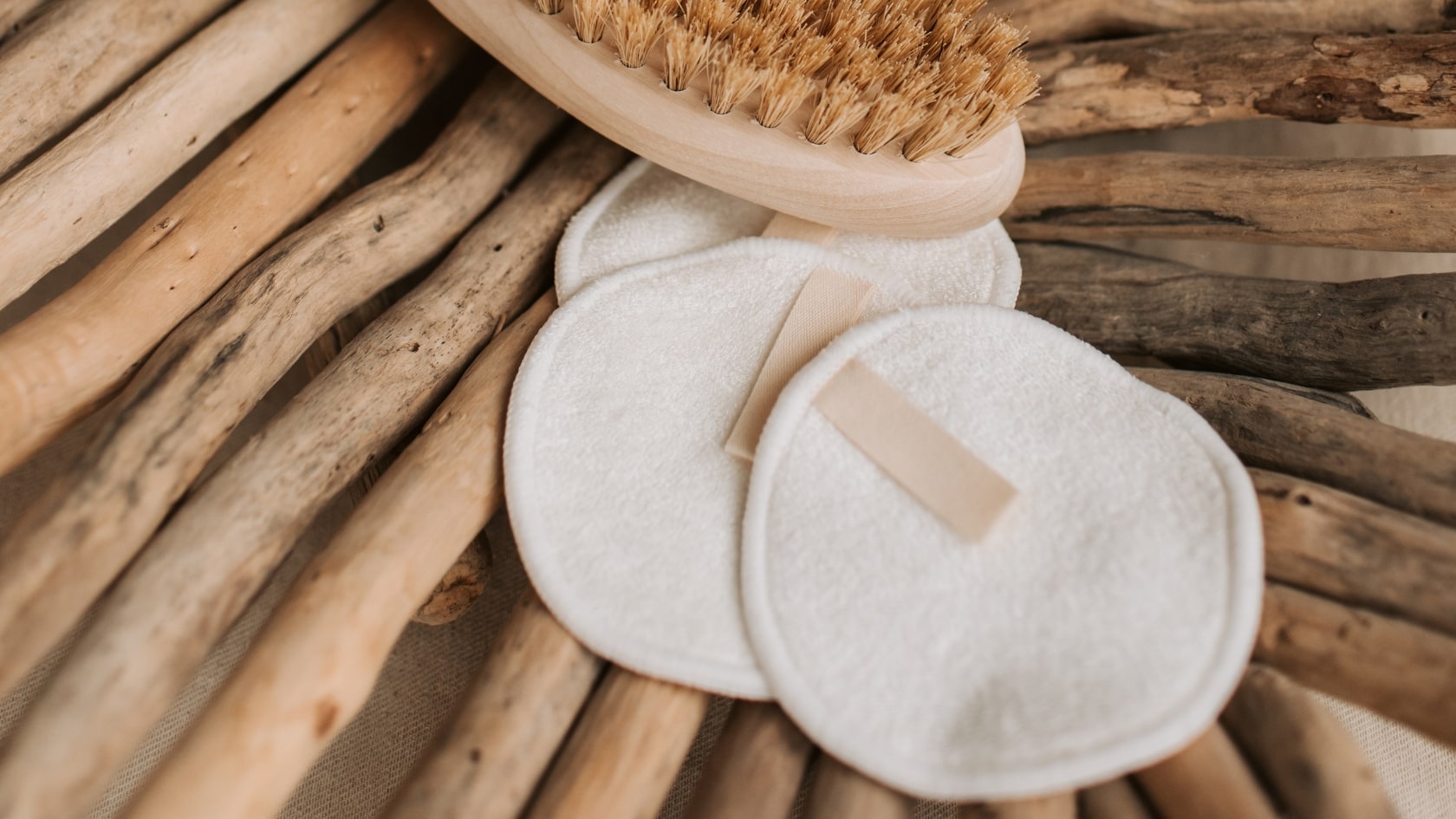
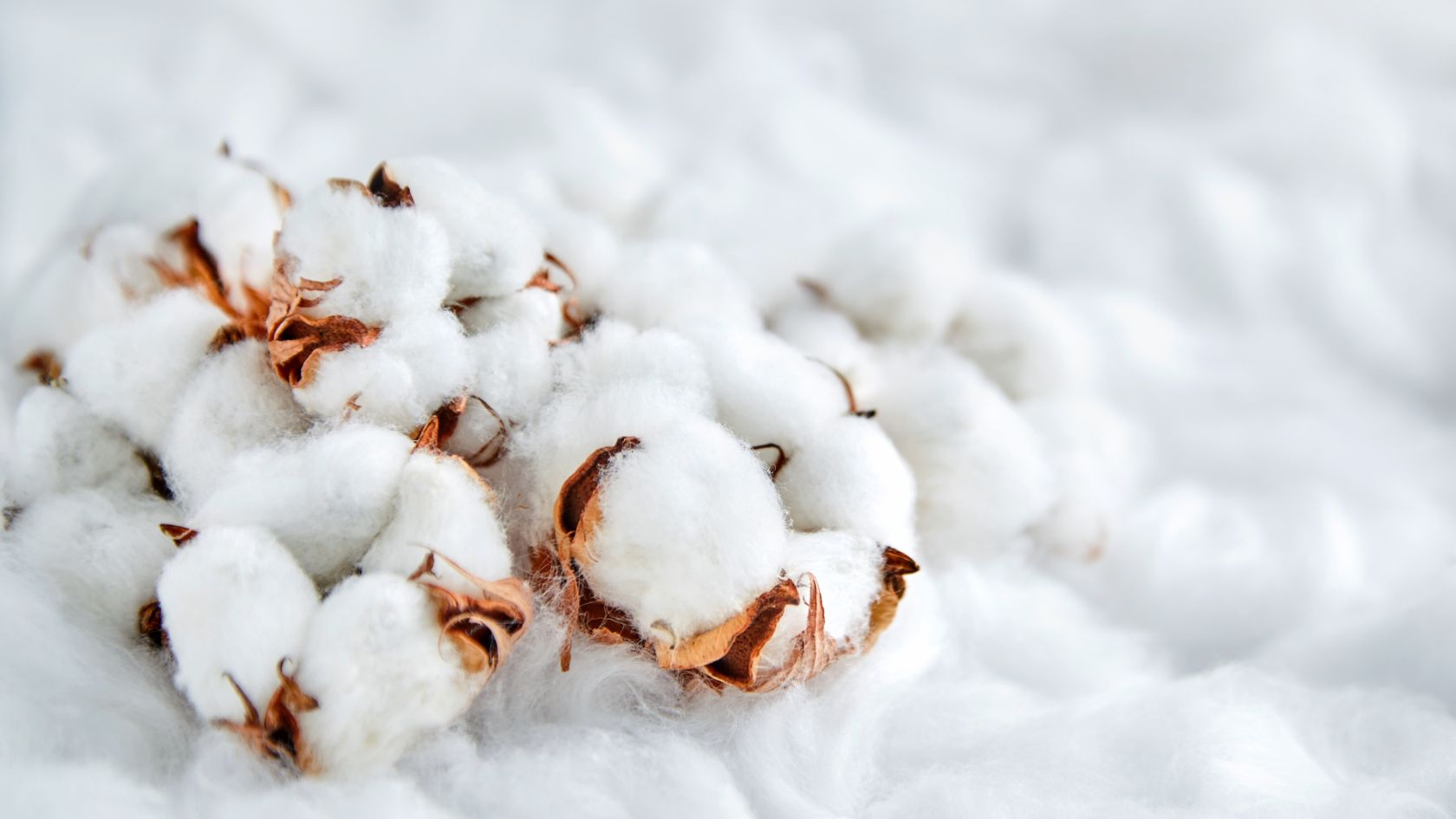
Leave a comment